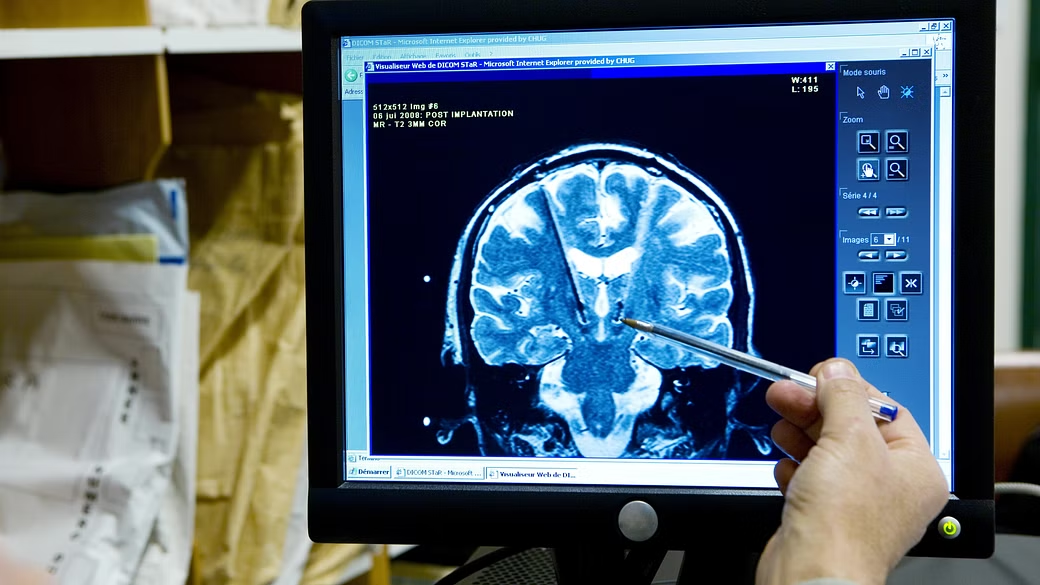
Losing keys, everyday items not necessarily signs of poor memory
text_fieldsNew Delhi: For those who are worried that your habit of losing keys and everyday items may be a sign of poor memory (most are), there is relief from a new book which suggests that it may not be the case "always."
The book 'The Psychology of Memory' by two US professors from Rhode Island College and Indiana University suggests that anyone can boost their powers of recall, and that “losing keys is normal.”
In the book, Dr Megan Sumeracki and Dr Althea Need Kaminske state that storing and retrieving information is far more complex than people think.
The book also highlights simple recollection-boosting techniques to improve learning
“Because we are most aware of our memory when we have trouble remembering something, our intuitions about how memory works might be a little biased,” Dr Kaminske said.
“You may be unsurprised to learn that our memory systems are not necessarily designed to remember where we put our phones. Or keys. Or water bottles."
“Though we would hazard a guess that if we were in a survival scenario where dehydration was a concern, we would be much more aware of water sources."
“People are better at remembering information when they process it in a fitness-relevant scenario, such as being stranded in the grasslands of a foreign land,” the authors said.
Further, the book shows how memory can be impaired by alcohol, sleep deprivation, and caffeine.
The authors suggest memory-boosting techniques like ‘retrieval practice’ -- the strategy of ‘pulling’ facts from memory. For example, deliberately addressing a new colleague by name every time you see them may help you memorise the name.
Source: IANS

























